
Sal Godoij
Soulpunctures
According to Sal Godoij, a "soulpuncture" is every literary work that aims to stimulate the soul's energy.
Therefore, all poems, stories, comments, and ideas on this page are "soulpunctures."
It is the objective of this site (and of all Sal Godoij's writing for this matter) that every word said, sung, heard, written, or read punctures the soul and thus stimulates the soul's healing capability.
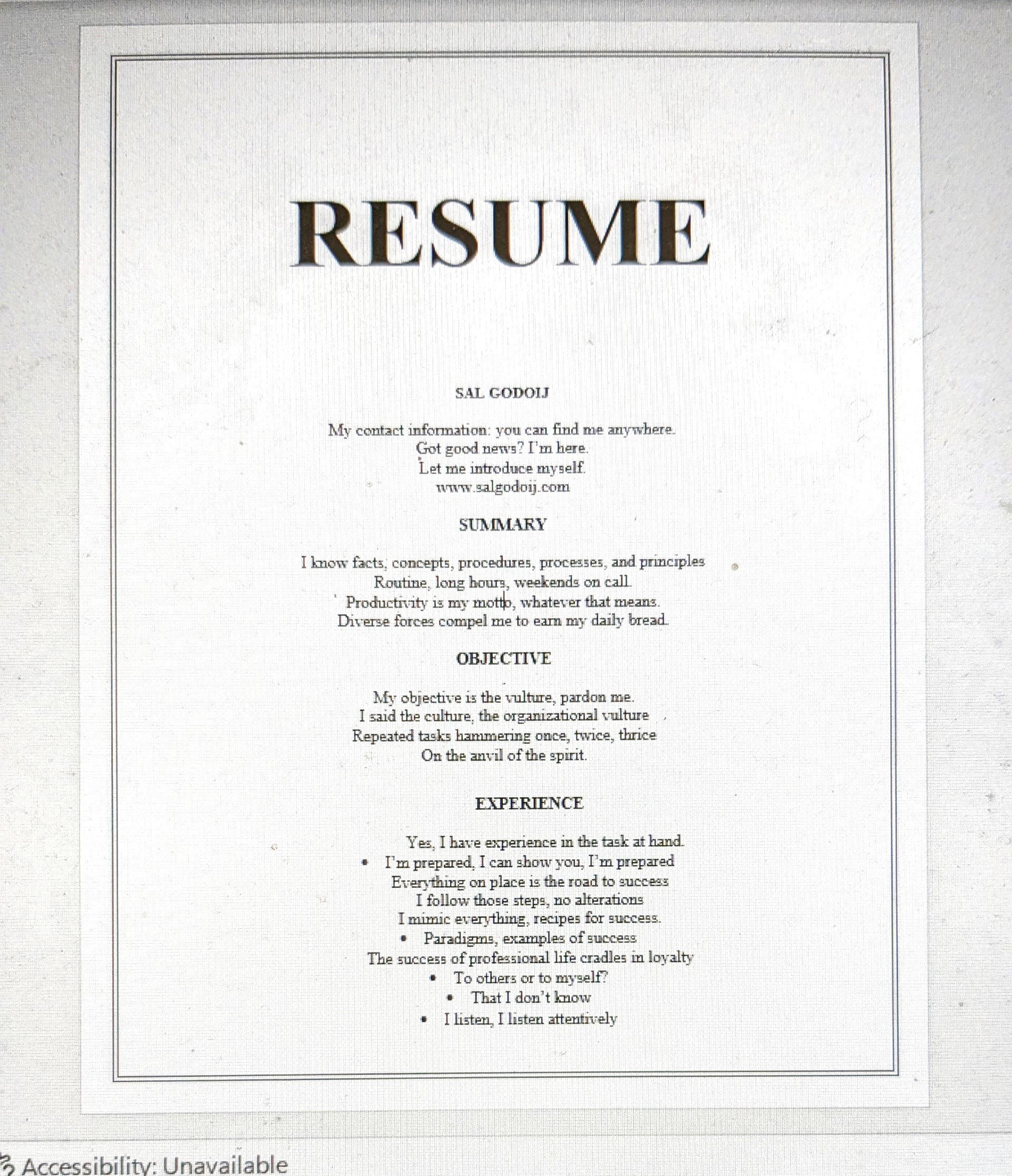
My Resume
My contact information
You can find me anywhere
Got good news? I’m here
Let me introduce myself
I know facts, concepts, procedures, processes, and principles
Routine, long hours, weekends on call
Productivity is my motto, whatever that means
Diverse forces compel me to earn my daily bread
And I cannot escape
My objective is the vulture; pardon me
I said the culture, the organizational vulture
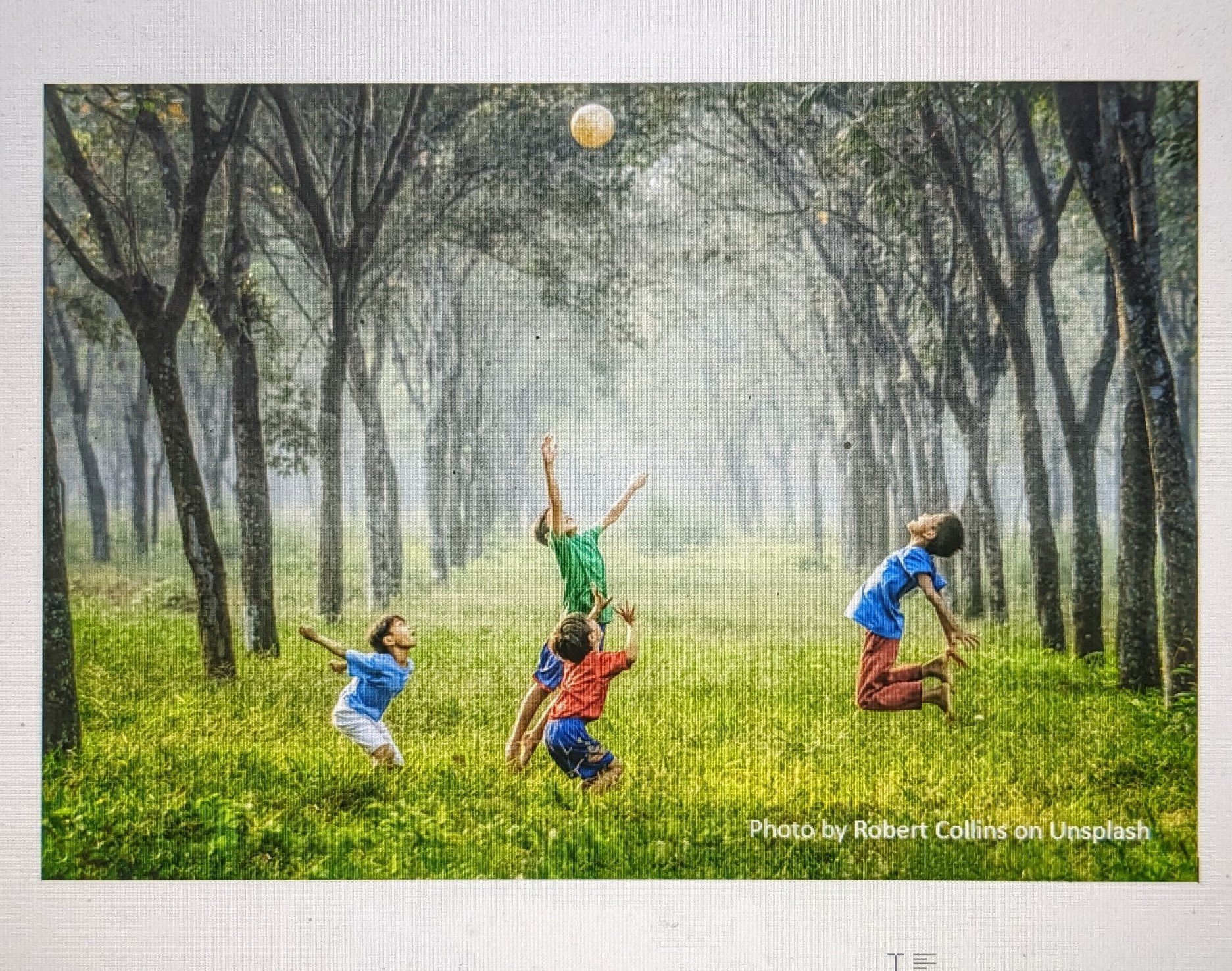
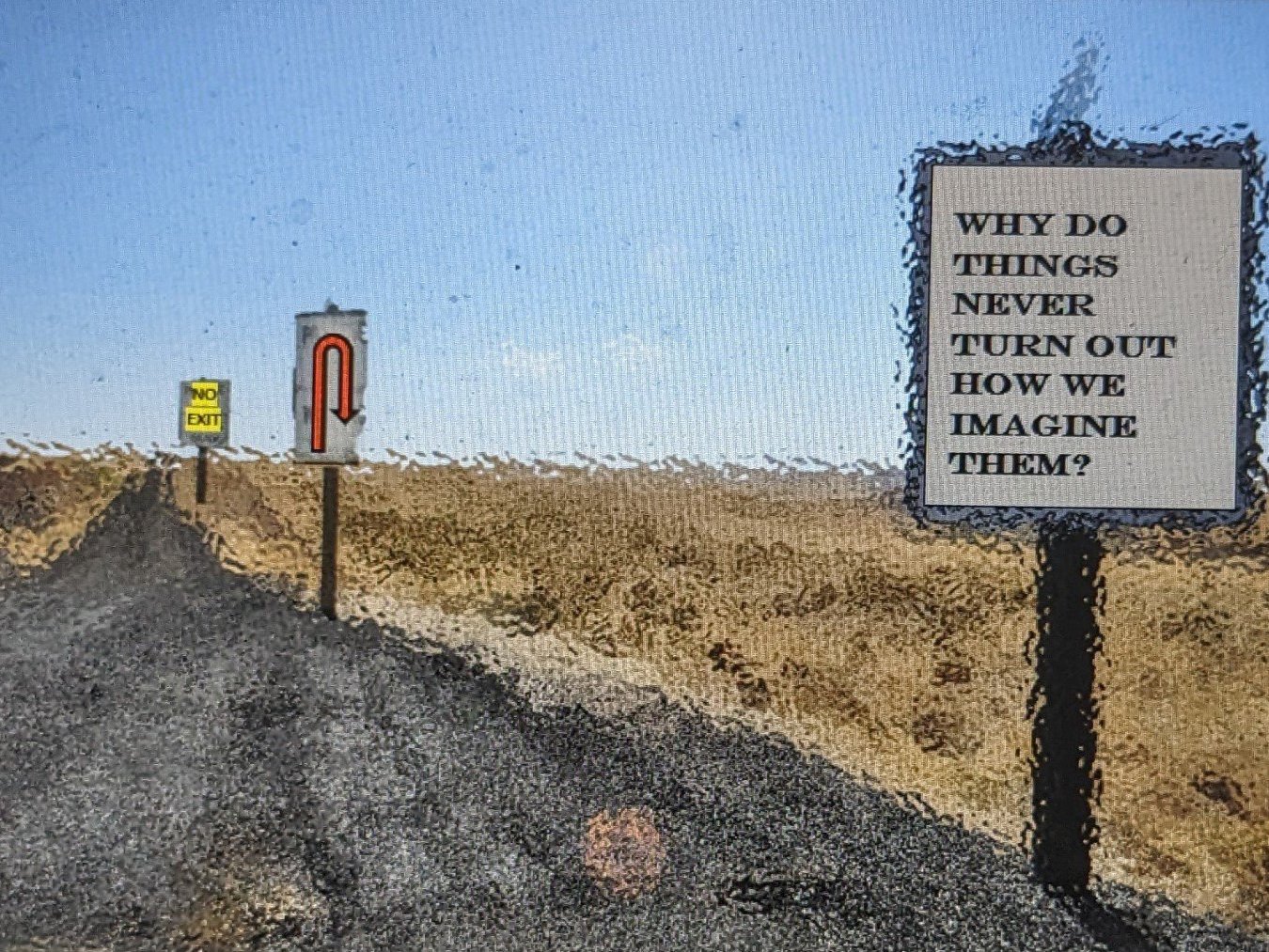
Why do things never turn out how we imagine them?
So, to begin with, let me share these words from F. Scott Fitzgerald referring to Gatsby: “… and his dream must have seemed so close that he could hardly fail to grasp it. He did not know that it was already behind him, somewhere back in that vast obscurity beyond the city, where the dark fields of the republic rolled on under the night.”
So, why do things never turn out how we imagine them?
I know many things depend only on us, how we face them, our plans, and our attitude, but sometimes, it’s not so.

On Peace and War
Peace shapes like a cry that clings to the throat
A cry in a mute mouth
A cry of anger, rebellious, alert
A mute scream
Escapes through the eyes
A cry in a silent mouth
Yet, if peace exists, war coexists
Latent, both vanish in distance and memory
The farther they are, the further they are
It’s not fair. We know it’s not fair
Peace becomes visible when war makes it invisible
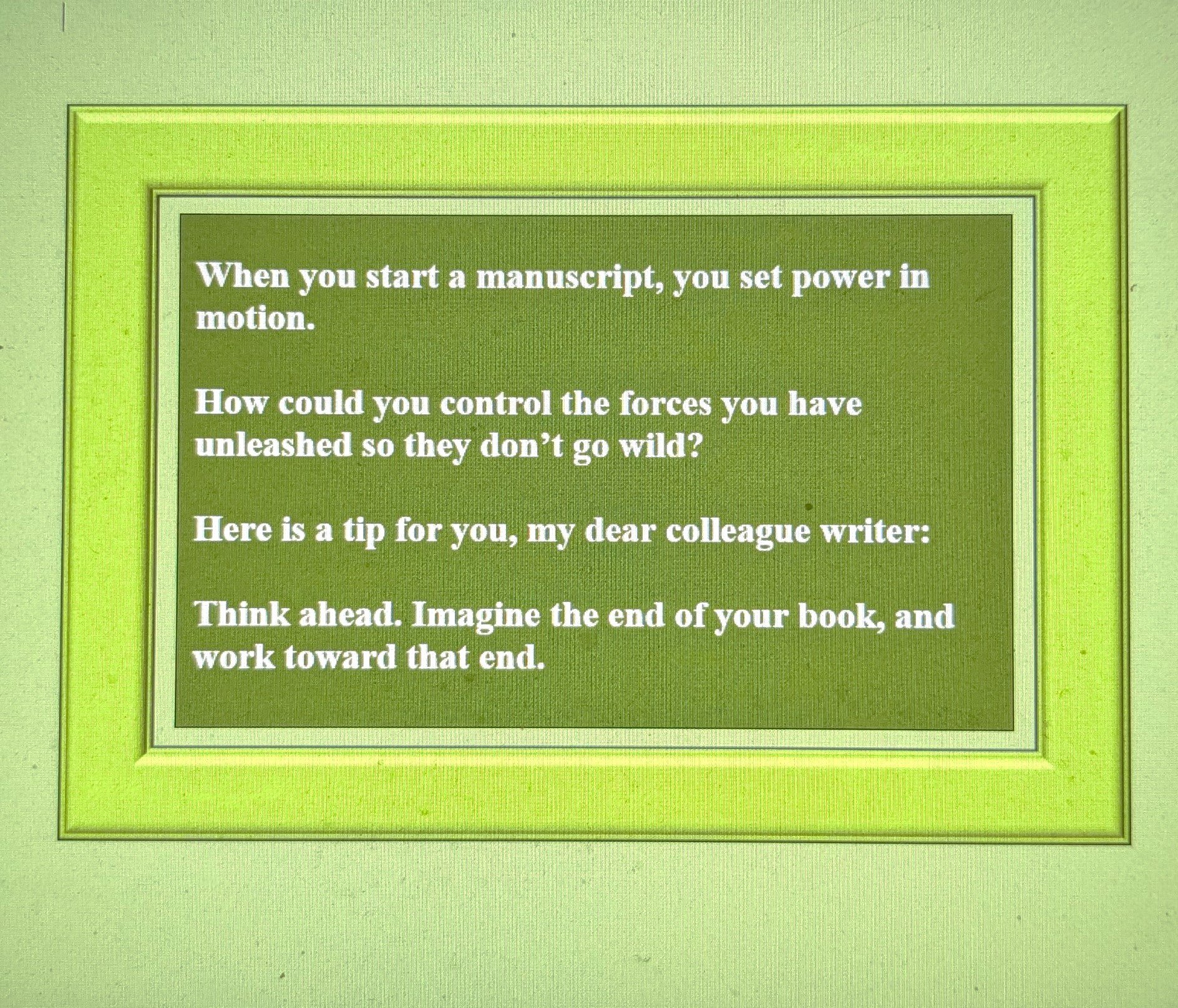
Write toward the end.
When you start a manuscript, you set power in motion.
How could you control the forces you have unleashed so they don’t go wild?
Here is a tip for you, my dear colleague writer:
Think ahead. Imagine the end of your book, and work toward that end.
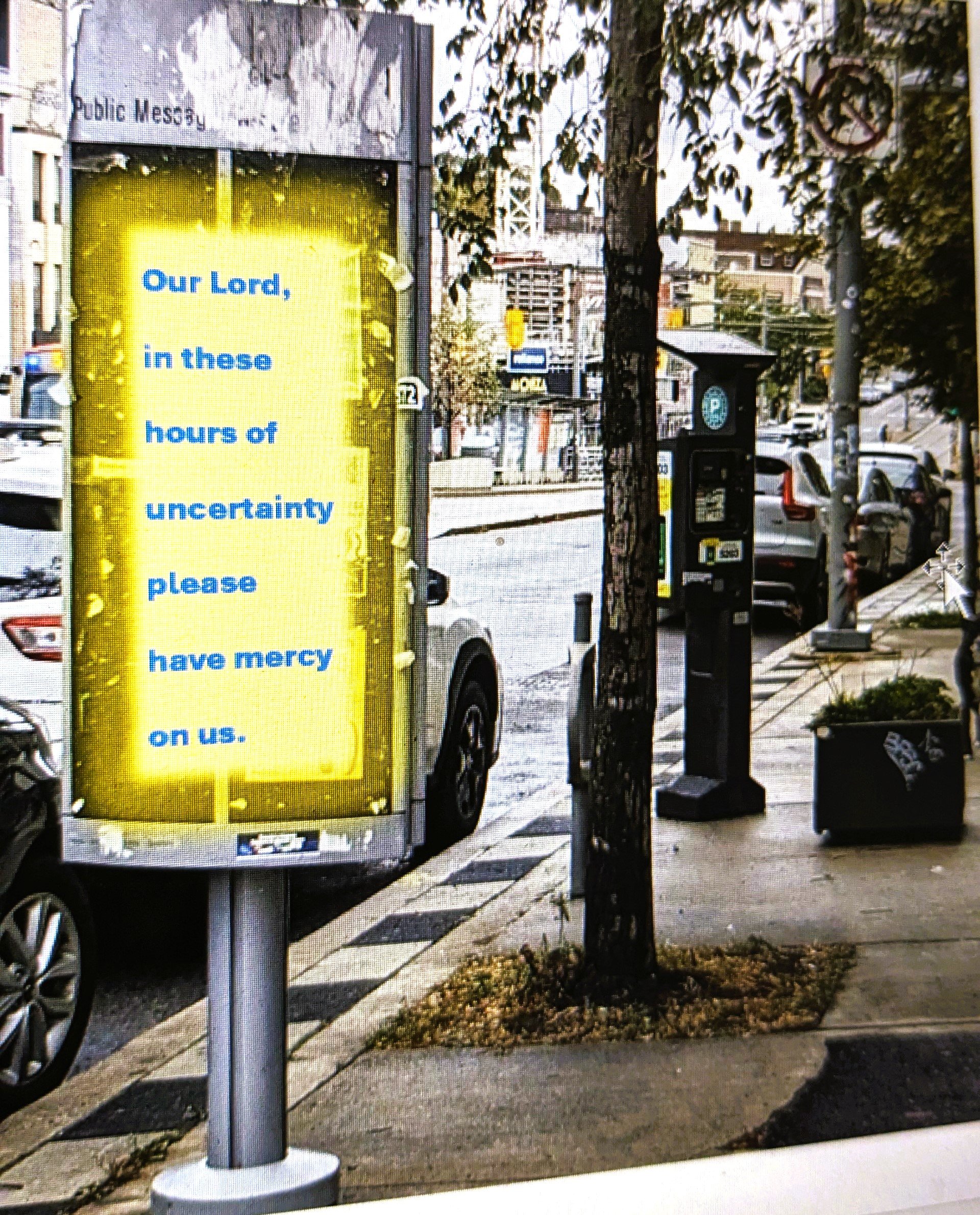

The Almighty Author
Who else but the author can be one and many simultaneously?
Who else but the author can give or take life without guilt, remorse, or punishment?
However, the author is alive. It's real.
And think of it. Think about the awful loneliness, the exhaustion, the rare instances of being in high spirits after the culmination of a manuscript.
The writer's word is the writer's world.
The author has plans; yes, they have plans. The only difference is that, unlike other people, the author has plans for the past, present, and future.
There are no death authors. Indeed, an author is immortal. They live through their characters. Authors have second and even third lives.

On Writing Historical Fiction
I wrote a book titled "Tutankhamen Returns!"
While writing it, I immersed myself in a complex time travel.
I enjoyed the journey and learned from it.
When we write historical fiction, we must bond our imagination with facts so our manuscript doesn't look too wild and the result is as enjoyable as the facts we claim are verifiable to the sensible reader.
And, as I encourage you to go ahead with your writing, I, as I always do, love to share what I have learned so far.
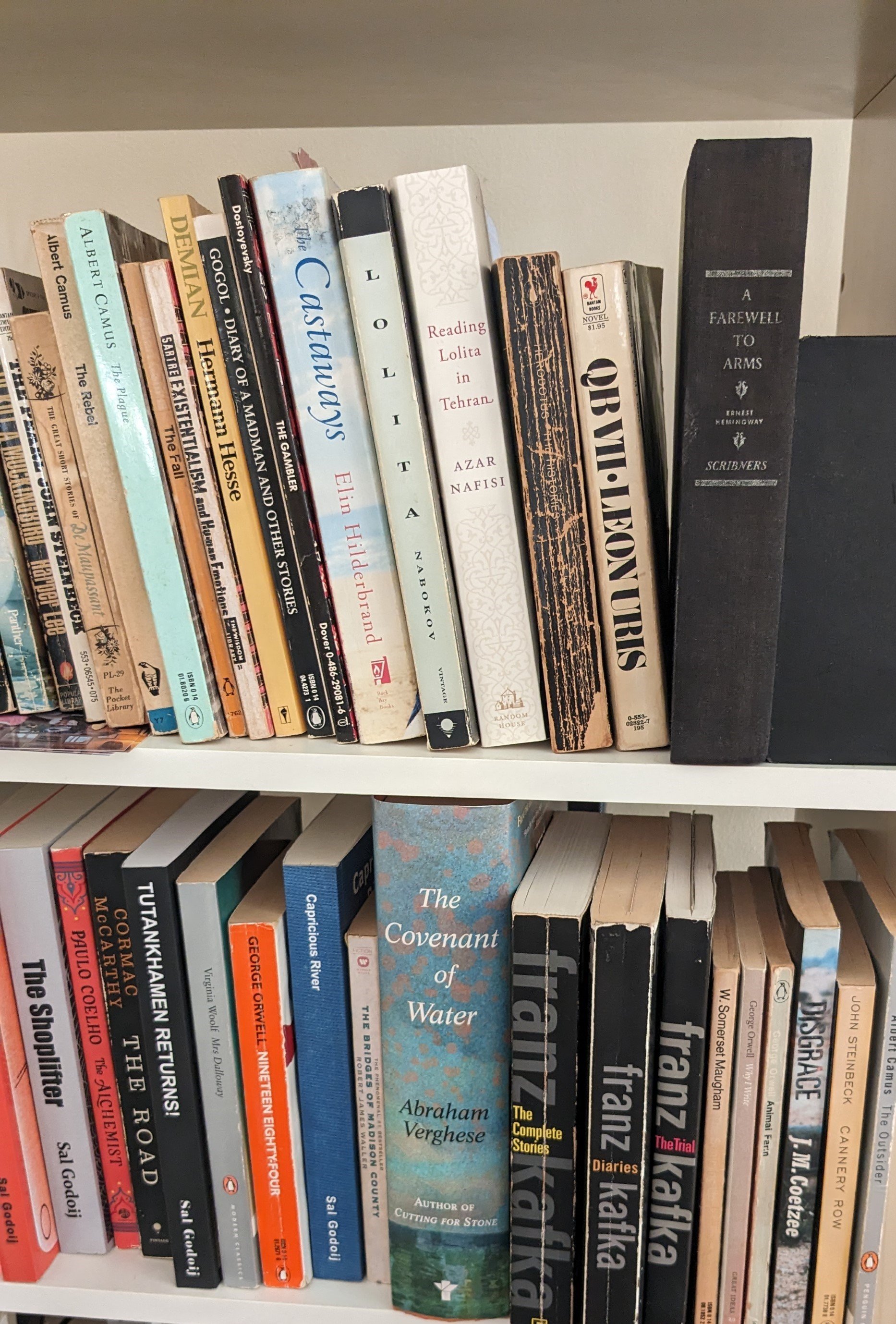
Essentials for a Writer
Do you have the urge to write but have yet to learn what?
And so, you sit there at your desk staring at a blank page.
Let's see.
First, you don't need to worry about the competition. You know already that about four million books are published every year. So, forget about them and do your work well, which should suffice.
Writers don't want to speak a stench, as Kafka said. So, I think you better have a clear idea about what you will write. The blank page is there for a reason. It helps you organize your mind so that only the essential remains.

Honey, I say, how do you say love?
Love, speak to me in your language
How do you say we, this, how do you say that?
What I mean is she and I, our relationship, our feelings for each other
And she tells me
Joyfully, she expresses herself
With the words and sounds of her mother-tongue
She speaks about our feelings, our love
My eyes are wide open, my ears not so
I focus on her lips, not on the sound they made
Honey, I say, how do you say love?

My Wife and I
My wife and I don’t speak the same language
So, it has been
She tried to learn mine
To hold a decent conversation with the in-laws
She gave up
I wanted to know hers
The same goal
I gave up

On Dialogue
Besides people asking me about my writing and if I can help them with ideas to start their books, they ask me how to write dialogue.
The latter question, how to write dialogue, reminds me of a job offer from a studio in the film industry.
“To enliven the action, we need good dialogues,” The producer said.
I felt ready for the task. However, as it turned out, the production was for a pornographic movie. How would it be possible for me to enliven the action through dialogue in that specific scenario?
Oh, well. The subject is not my forte, so I declined the offer.
Yet, there are some points to consider in writing dialogue.

Have You Grown as a Writer?
To all my fellow writers.
Have you grown as a writer?
If you answer yes to this question, I congratulate you.
If your answer is negative, you are not alone in this journey.
To help you and myself, I came up with some hints while writing my stories. I hope these hints will allow us to pave the road to writing that coveted bestseller. I invite you to bring your suggestions and kind and positive comments. Remember that we are all on a crusade to become better writers and persons.

Building a Character
Say that you, the writer, are writing about a character you have just created.
Say, it is a girl.
The girl must be alive. That's what we must achieve as writers. Give life to our characters. I mean, how real is a real person? It depends on what you want to achieve. What is the girl's role in your book? Still, you must work harder if you want your female character to be another Anna Karenina, Scout Finch, Scarlett Ohara, Daisy Buchanan, or Katniss Everdeen.

The Swallow
Pierced my heart
A dark glossy-blue dart
Sitting on my balcony
On a cold October day
I saw in her eyes her longing
For the South
On that cold October day
The swallow
She could have flown with her sisters
And so, I extended my arms
And encouraged her to fly

Ghostwriters Beware!
The man then asked me to meet him in person. His voice was soft, as if he were whispering, although he was articulate as if he had rehearsed what to say on the telephone. We lived in the same city, so I agreed to meet him in a Starbucks, as he suggested.


Write outside the Dictionary
I recommend you write outside the dictionary. When facing the frightful blank page, let your imagination release your words. Let them run free. It’s okay for your words to run free like wild horses in the open spaces of your blank page.
